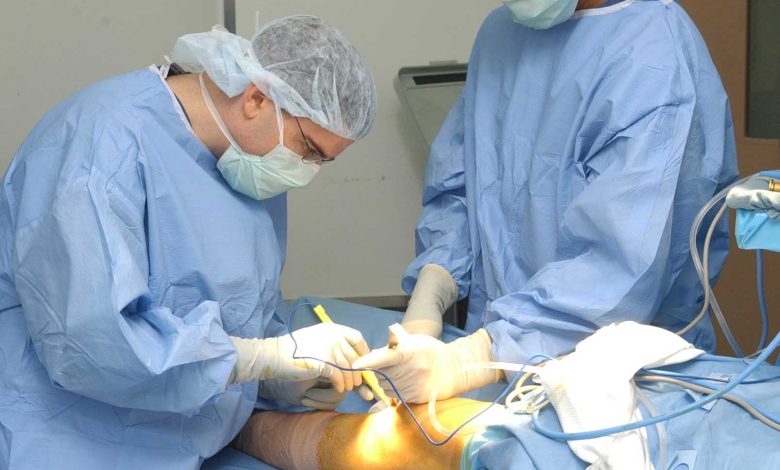Liver Transplant: Expectations and Reality

Liver cirrhosis is a chronic liver disease where healthy liver tissues are replaced by scarred tissues and prevent the liver from properly functioning. As a result, healthy liver cells are damaged, leading to permanent liver failure. If the liver fails, harmful chemicals cannot be filtered out from the blood. It results in infections, nausea, abdominal swelling, Jaundice, and ultimately death.
Liver Failure and Liver Transplant
We know that the liver performs critical functions such as producing bile juice, removing toxins from the blood, and regulating immune responses. Unfortunately, the cases of liver failures are on the rise. In severe cases, liver transplantation is the only option left for them.
Liver transplantation is a procedure where the damaged part of the liver or complete liver is removed from the patient and is replaced with a healthy one from the donor. Generally, a deceased donor’s liver is given to a patient. However, a living donor liver transplant is also possible if the donor agrees and meets all other medical conditions.
Getting timely treatment from the best hospital is the only solution in the case of liver failure. An average estimated liver transplant cost in India ranges from INR 20Lakh – INR 30Lakh.
What to expect in a liver transplant?
Medical technology is very advanced, and the best hospitals provide extensive pre and post-surgery care for faster recovery. Here, there are some steps one has to expect and follow after successful surgery:
- Recovering at the hospital: after the surgery, the patient is kept under observation in ICU for 1-2 days and then shifted to a standard room. Different tubes and wires are inserted into the body to monitor vital signs, drain blood fluids, and give enough medication.
- Going home: Doctors will monitor the patient and send him home once he is stable and quite recovered. Instructions on how to take care of the incision and infections are given to him. The patient must visit the hospital for follow-ups with the doctor to avoid complications.
- Regaining strength: though a patient might feel weak and tried in the initial days, he gradually gains strength post-surgery. They are advised to avoid alcohol, spicy foods and eat only nutritious food to regain health. Physiotherapy is also given to patients to regain their endurance.
- Managing medicines: medicines prescribed by the doctor have to be taken timely to recover quickly. However, there can be a few unpleasant side effects of the surgery and medication. Thus it’s critical to consult the doctor and then follow the course.
- Seeking support: surgeries can affect both the physical and mental health of a patient. So, it is good to seek help from therapists and coordinators.
What not to expect in liver transplantation?
Liver transplant cost in India is cheap compared to other countries like the USA, the UK, and Singapore, whose costs range from INR 30 Lakh to 3 Crore. In comparison, liver transplant cost in India ranges from INR 20Lakh – INR 30Lakh. So, many patients chose India for their liver transplantation surgeries. With the latest technology and skilled surgeons, the success rate of liver transplant surgery is high. Doctors and staff take extensive care to avoid any complications post-surgery.
Complications of the surgery
A liver transplant may not be successful at times. The risks associated with it include bile duct complications, blood clots, bleeding, rejections, etc.
Rejection
A patient cannot expect his body to accept the new liver immediately. Sometimes, the new liver is seen as a threat, and the immune system immediately attacks it. This immune response is called rejection, and it happens in almost half of liver transplants. While many patients cure acute rejection with medications, some people find it difficult to adjust to the liver. As a result, chronic liver rejection may occur, which is challenging to treat, and it might require another transplant.
Infections
As the patient is given immune suppressants continuously, viruses and bacteria may attack the body. So, viral and bacterial infections are common among patients who undergo liver transplants. One should not expect the body to adapt to these changes immediately.
Conclusion
The liver is a crucial internal organ that filters the wastes from the bloodstream. Unfortunately, the process comes to a halt when the liver gets damaged due to various reasons like genetic disorders, excess alcohol consumption, or substance abuse.
In chronic conditions, liver transplantation is the only option. Patients can recover liver strength and move forward with life if they get proper treatment. Many hospitals offer the procedure. Read the hospital reviews, check their surgeon’s profile and experience, the hospital facilities, and then choose the best hospital for a liver transplant.






